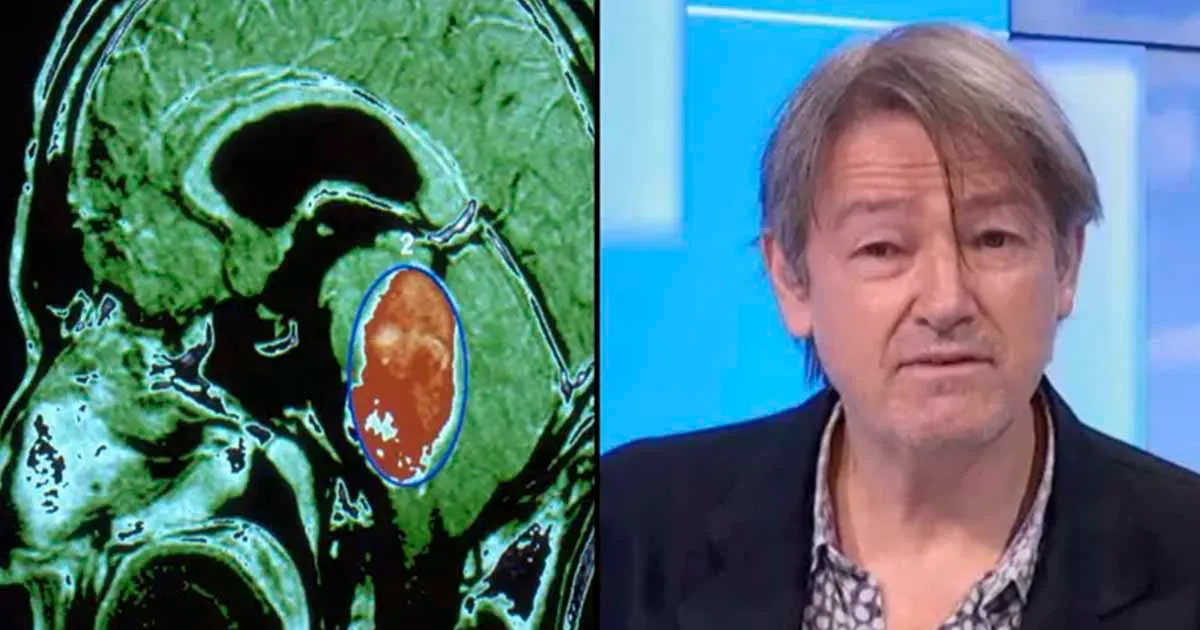Intrigued by Lucas’s case, researchers are delving deeper. They analyze genetic abnormalities and cultivate tumor organoids in lab settings. Marie-Anne Debily, overseeing the research, remains optimistic, envisioning a potential breakthrough where Lucas’s cellular distinctions could lead to effective treatments. “The next phase will involve finding a drug that replicates the same effect on tumor cells as these cellular changes,” she explained.
While the advancements are promising, caution is warranted. Dr. Grill stresses the lengthy process from discovery to drug development, cautioning that viable treatments are still years away. Pediatric oncologist David Ziegler echoes this sentiment, acknowledging progress in DIPG treatment while underscoring the importance of ongoing research and clinical trials. “On average, it takes 10-15 years from initial discovery to drug development – it’s a protracted process,” Dr. Grill added.
Lucas’s journey epitomizes the resilience of young patients and the dedication of the medical community. With continued research and trials, there’s hope that effective treatments for DIPG will be found. Lucas’s triumph over brain cancer serves as an inspiration to children battling similar diseases and their families longing for a cure.

